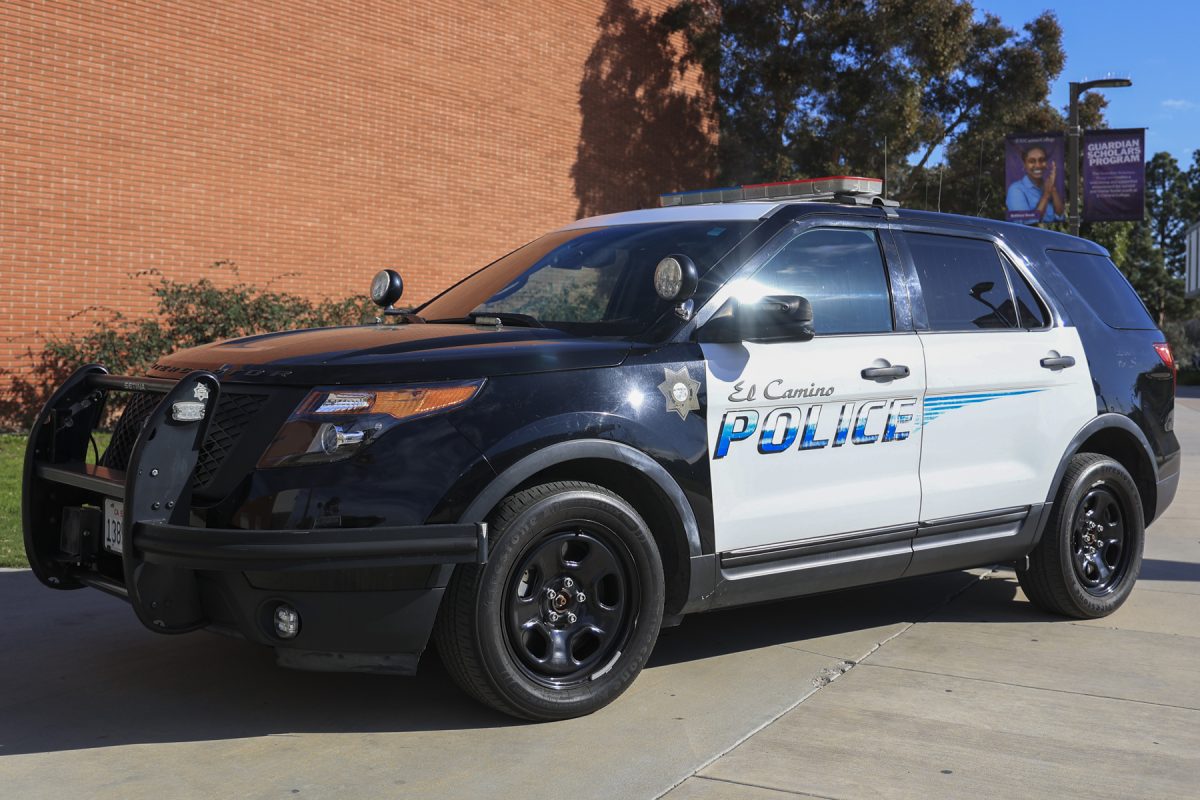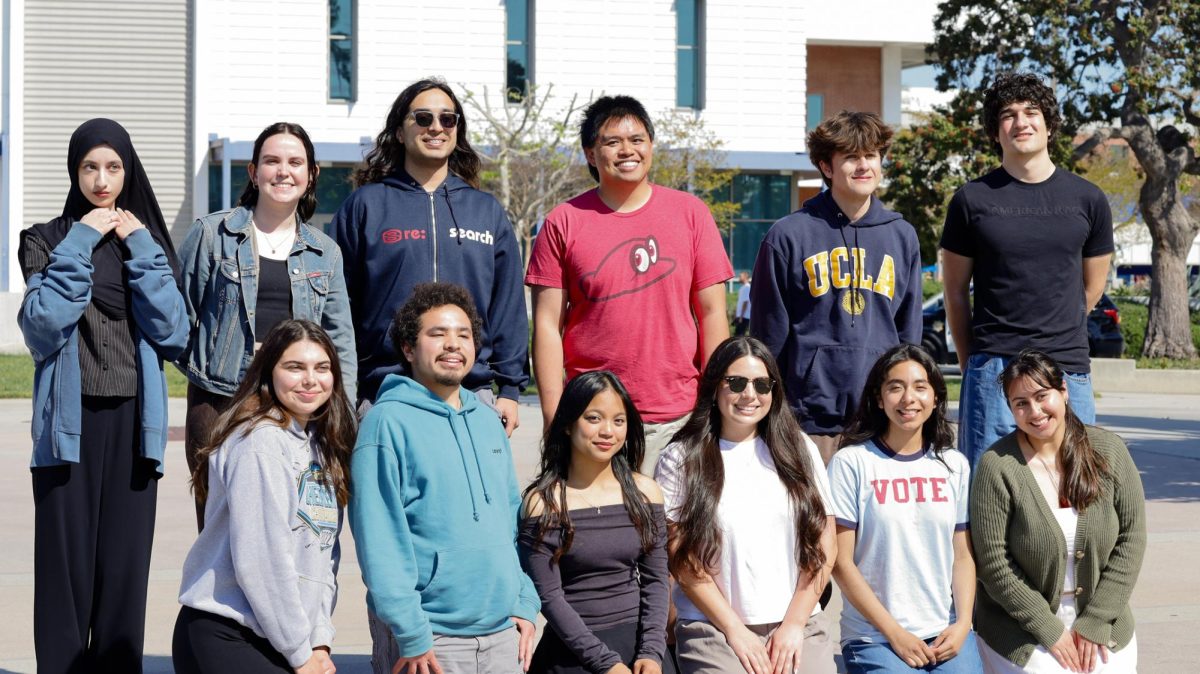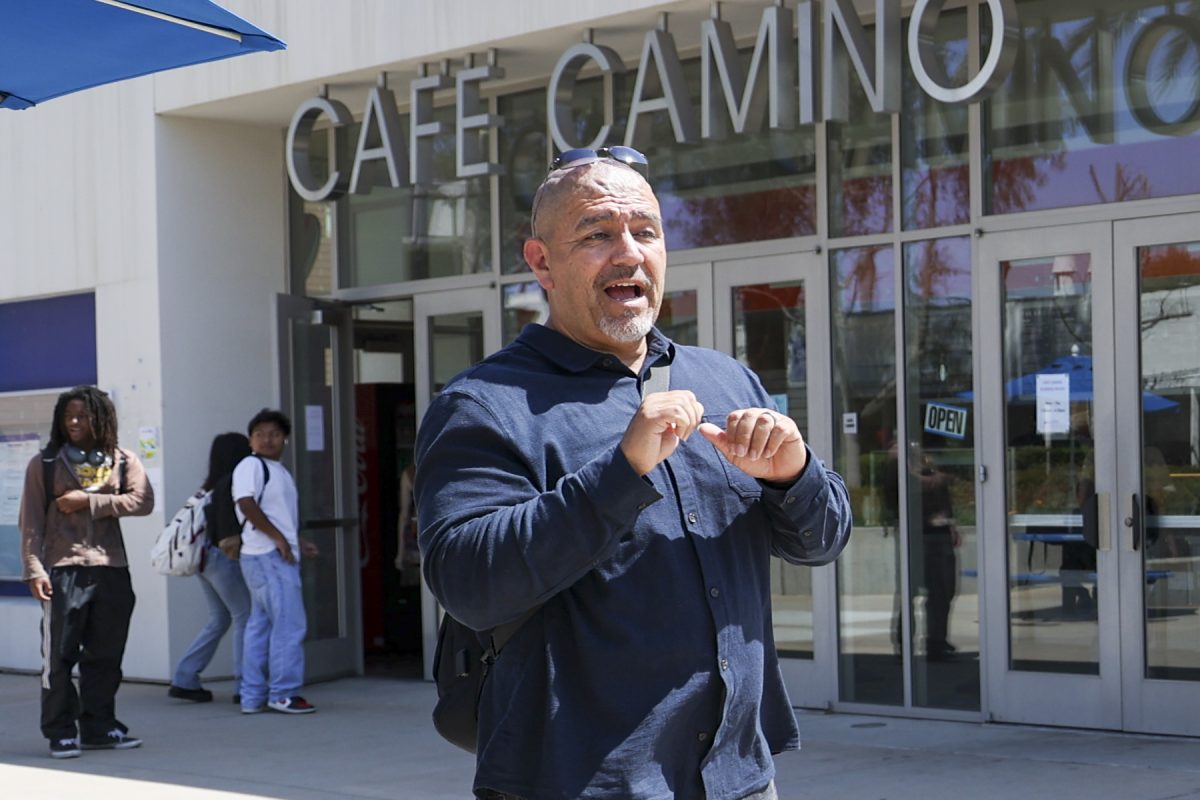The El Camino Food and Shelter Task Force requested assistance from the Marketing and Communications department for an outreach program during the latest College Council meeting on Monday, May 6.
The outreach campaign’s goal is to connect students suffering from housing or food insecurities through programs designed to provide relief.
“The Government Accountability Office estimates that 57% of students don’t take advantage of services, specifically the CalFresh programs,” Dean of Student Support Services and Task Force Chair Idania Reyes said during the meeting. “84% of our [El Camino] students are grappling with food insecurities.”
The Task Force has worked with organizations to provide lower-cost and low-income services for students, including the Warrior Closet, Metro U-pass and a CalFresh Outreach program set to start in fall of 2019 in an effort to alleviate the various stresses that come with paying for college, according to a packet provided by the Task Force during the meeting.
“The Task Force was made to help students with that mental and emotional toll by coordinating them with services that will help” Edith Gutierrez, member of the Task Force, said.
Other recommendations made by the Task Force include increasing the storage space provided for use by the Warrior Pantry and Warrior Closet programs in an effort to make storage long term and convenient.
“Since we are a pantry, it’s supposed to be you get the item and immediately give it away again,” Reyes said. “We’re not a food bank where we can bank it so we’re kind of afraid to ask for more donations because where do we put it.”
The pop-up shops held by the Warrior Closet are meant to prepare students with formal attire for interviews, Gutierrez said
“But there’s no space,” Gutierrez said. “You have to go into a small little space to start pulling things out.
The subject of AB 302, a bill meant to help with housing insecurities by allowing students to use their cars as a temporary shelter on campus was also discussed as part of the Task Force’s presentation.
“It may be safer to sleep in parking lots but it’s not the whole solution,” EC President and Superintendent Dena Maloney said during the meeting. “What about students who don’t have cars?”
Instead, SB 291, a bill introduced in the State Senate that aims to change the way financial aid is handled at community colleges throughout California, was highlighted as the preferred, “more comprehensive solution”.
“The goal is to get financial aid reform in place that will allow students to access greater awards that will include housing costs,” Maloney said. “We need financial aid reform for students so the total cost of attending is included.”







